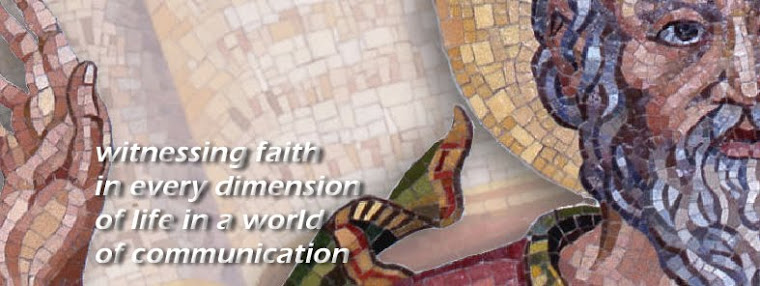 Evangelization: Our call to shine the light of Christ in all corners of our world.
Evangelization: Our call to shine the light of Christ in all corners of our world.Written by Barbara J. Fraser - 2009
In the bustling commercial town of Nueva Cajamarca, Peru, young women in tight skirts and midriff-baring tops watch curiously as a van bounces slowly down the dusty, rutted road. Catching sight of a local official in the vehicle, they dart into the open doorways of local bars.
Inside, women -- including some adolescents -- sit at wooden tables drinking beer with customers. The more a man drinks, the higher the woman's percentage. If the man wants sex, that is for sale, too. Read more: http://www.catholicasiannews.com/content/blogsection/5/27/
In the bustling commercial town of Nueva Cajamarca, Peru, young women in tight skirts and midriff-baring tops watch curiously as a van bounces slowly down the dusty, rutted road. Catching sight of a local official in the vehicle, they dart into the open doorways of local bars.
Inside, women -- including some adolescents -- sit at wooden tables drinking beer with customers. The more a man drinks, the higher the woman's percentage. If the man wants sex, that is for sale, too. Read more: http://www.catholicasiannews.com/content/blogsection/5/27/
See the website in the right column of this weblog.





 “Paul was entirely for Jesus in order to be, like Jesus, for everyone. ... In him, so closely bound to the person of Christ, we recognize a profound capacity to unite spiritual life and missionary activity. In him, these two dimensions support one another. And thus, we could say that he belonged to that group of 'mystical builders,' whose lives are a blend of contemplation and action, open to God and brethren, in order to carry out an effective service to the Gospel.” Benedict XVI on World Day of Consecrated Life
“Paul was entirely for Jesus in order to be, like Jesus, for everyone. ... In him, so closely bound to the person of Christ, we recognize a profound capacity to unite spiritual life and missionary activity. In him, these two dimensions support one another. And thus, we could say that he belonged to that group of 'mystical builders,' whose lives are a blend of contemplation and action, open to God and brethren, in order to carry out an effective service to the Gospel.” Benedict XVI on World Day of Consecrated Life

